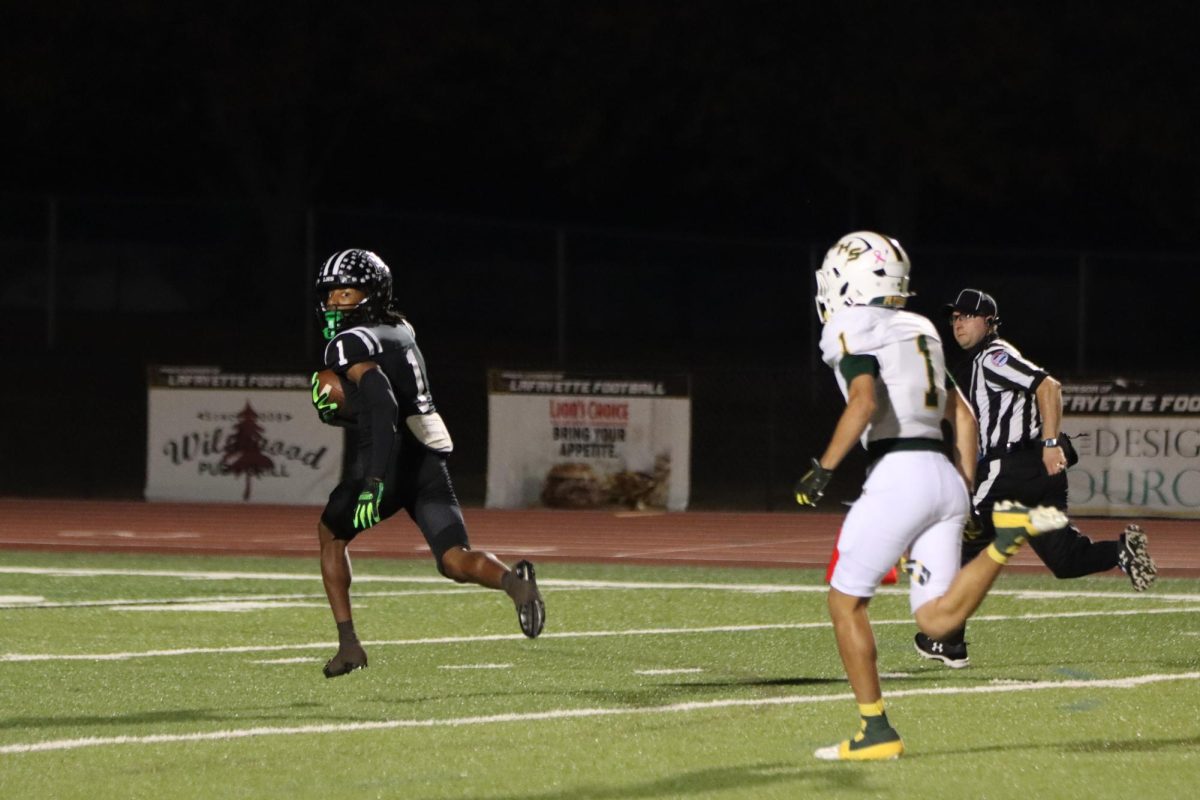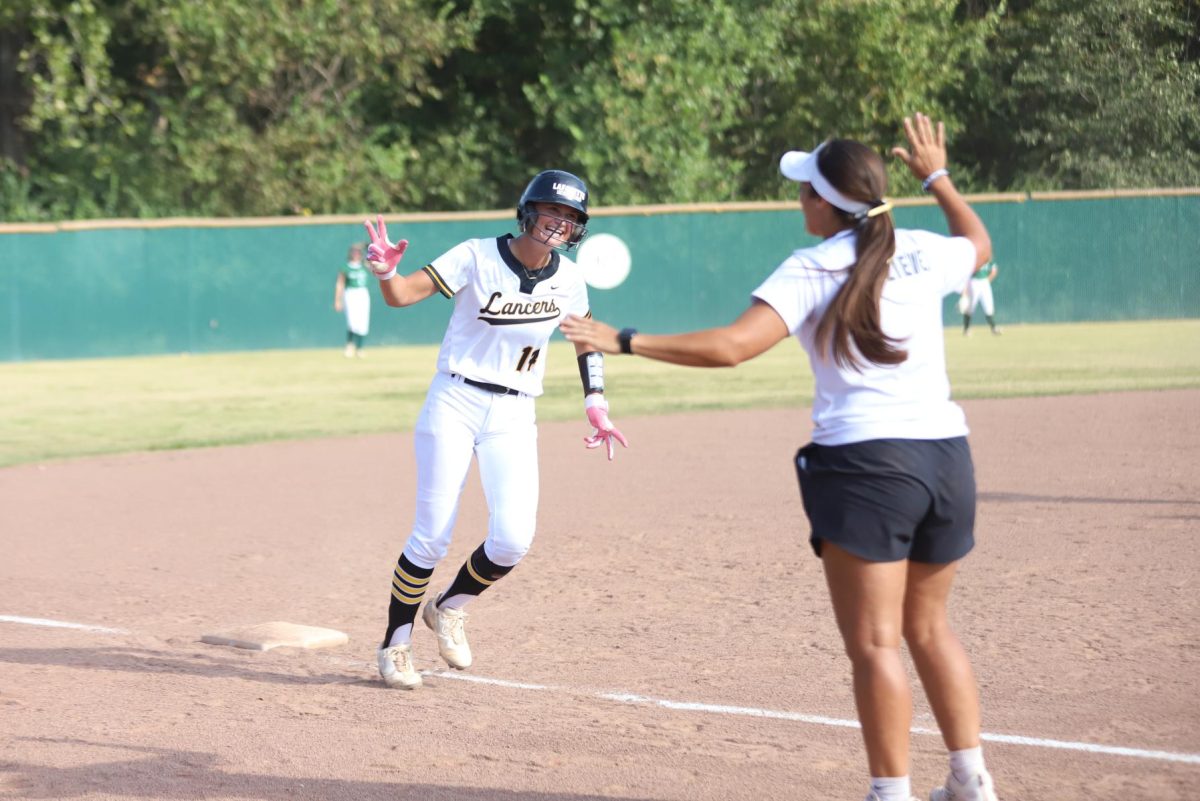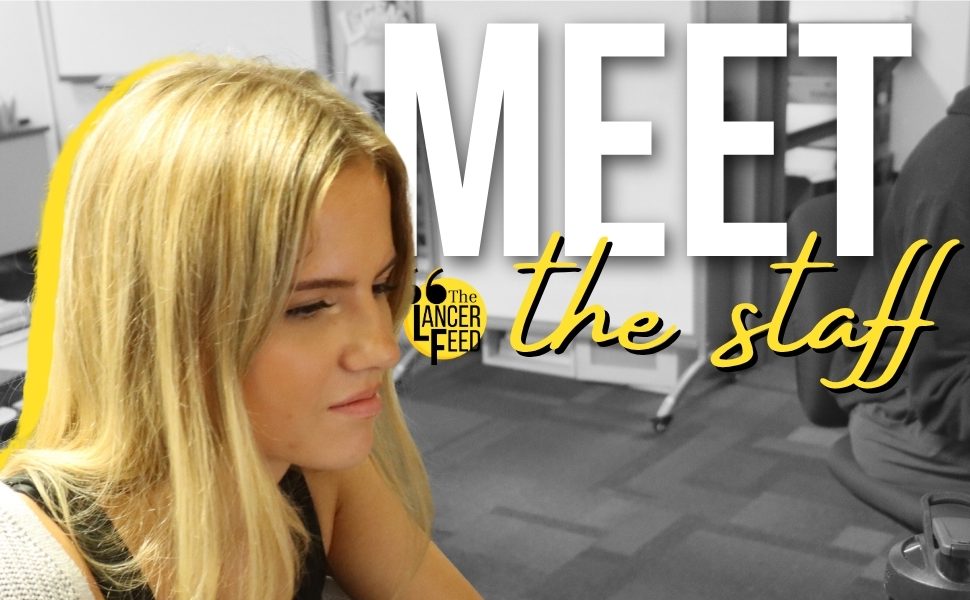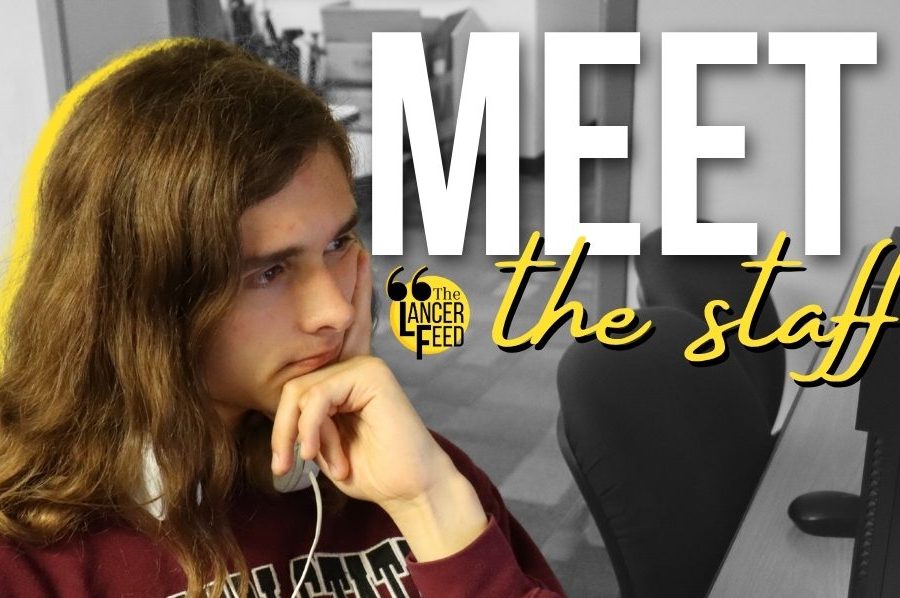In remembrance of the Holocaust: 10 sites to further your knowledge about the impacts and effects of the event
Between the years 1933 and 1945, Nazi Germany led what is now known as the Holocaust, a systematic and state-sponsored mass murder of millions of European Jews, Gypsies, intellectually disabled, dissidents and homosexuals. Now, 75 years later, the lives of those lost are remembered on Jan. 27 of every year.
February 3, 2020
On Monday, Jan. 27, 2020 International Holocaust Remembrance Day took place as a day of reverence towards those whose lives were lost during the time of the Holocaust.
According to a recent study done by Pew Research Center, “Nearly three-in-ten Americans say they are not sure how many Jews died during the Holocaust, while one-in-ten overestimate the death toll, and 15 percent say that tree million or fewer Jews were killed.”
These statistics raise the inevitable question of “Are those who don’t know the true facts of the Holocaust simply uninformed, or are they denying the impact of the Holocaust?”
Here are 10 sites to help you become more informed about the events and impacts of the Holocaust.
For an overall view of the events of the Holocaust, check out:
History.com’s “Facts, Victims, and Survivors”
Holocaust’s Encyclopedia’s “Introduction to the Holocaust”
The Wiener Holocaust Library’s “What was the Holocaust?”
For opinion pieces about aspects of the Holocaust, check out:
The Globe and Mail’s “We must not forget the Holocaust. But the way we remember will change”
CNN’s “Ignorance about the Holocaust is growing”
Haaretz’s “Germany still has a Holocaust problem”
For a view of the Holocaust in today’s world, check out:
Roper Center’s “Public Understanding of the Holocaust, From WWII to Today”
UNESCO’s “The importance of teaching and learning about the Holocaust”
For first-hand accounts of the events of the Holocaust, check out:
The Guardian’s “Tales from Auschwitz: survivor stories”
Post Magazine’s “Holocaust survivor Dov Landau gives first-hand account of the horrors of war”



































